Journey of Hope Part 2 – A Woman’s Story of Hope in India’s Slums – (Read Time: 3 min.)
Children Working to Feed Their Families
As the Spanish missionary began her new life, living among the women in the slums of northern India, she explored the streets of the surrounding colony each day.
Moved by the many children who rarely or never attended school, she began to reach out to the local children to befriend them. She learned their stories and discovered that many of these children needed work every day to help provide enough food for their families and others needed to stay home to help care for younger siblings instead of attending school.
Creative Solutions
Her passion to serve others compelled her to introduce herself to the children’s mothers, hoping she could somehow help them find solutions to their extreme financial burdens. Isabel wanted to help these women see themselves the way she saw them.
At first, it took a lot of patience and “hand holding” to convince these women that they could be strong, innovative, and powerful. But she began with two women and a creative idea to teach them to sew dolls and sell them… and hopefully earn enough income to be able to overcome some of their financial challenges, like being able to send their children to school.
Growing & Changing
By the early 1990s, thirty strong, innovative, and powerful women from the slums of India began to organize into specialized cooperative groups. They experienced many ups and downs, growing pains, and learning curves, until the market for handcrafted soft toys began to wane and Isabel approached her 70th birthday.
Long after most people retire, Isabel empowered a group of local leaders to continue her legacy and help these women Artisans form an independent association where they could become not only members, but also community leaders and board members.
Among these leaders were men who shared the belief that women should be valued as equals. Together, these new leaders officially registered the cooperative as a non-profit organization dedicated to empowering women out of poverty through providing jobs skills training and safe jobs with fair wages. Soon they began exporting their creative handicrafts into other countries around the world.
Changing Lives
New business and financial skills training helped the community offer more programs and services. Credit and savings programs were created for the women. Many of them opened a bank account for the first time in their lives. A packed-lunch food service program was launched to provide jobs for women in need who weren’t able to sew.
But soon after the turn of the millennia, the market for soft toys could no longer sustain the rapid growth of the Artisan community, so the decision was made to change their focus to producing clothing. Their familiar manual foot-peddle sewing machines were replaced with electric sewing machines.
And as part of their mission to empower women’s equality, they joined the fair-trade movement, in spite of the higher financial risks to profits that come with operating by fair-trade principles.
Changing the World 1 Life at a Time
Soon after committing to operating by fair trade principles, for the first time in their history, this growing Artisan community passed their break-even point and became a self-sustaining profitable business.
More profits meant more community outreach programs for women living in the local slums. Together, they built a three-story facility where they can work while their children learn. Beula had been among the pioneering women who joined Isabel and other women in the slums during their humble beginnings.
She’d watched and experienced their many ups and down, growing pains, and learning curves, as these women rose out of the slums to become a community of strong, innovative, and powerful businesswomen.
Beula is still part of this driving force of over 700 women in India who earn fair wages as members of their certified fair-trade organic garment cooperative. Now a board member, Beula is a role model and leader for women in her community.
But Beula has a more personal reason for becoming a leader of women in her community…

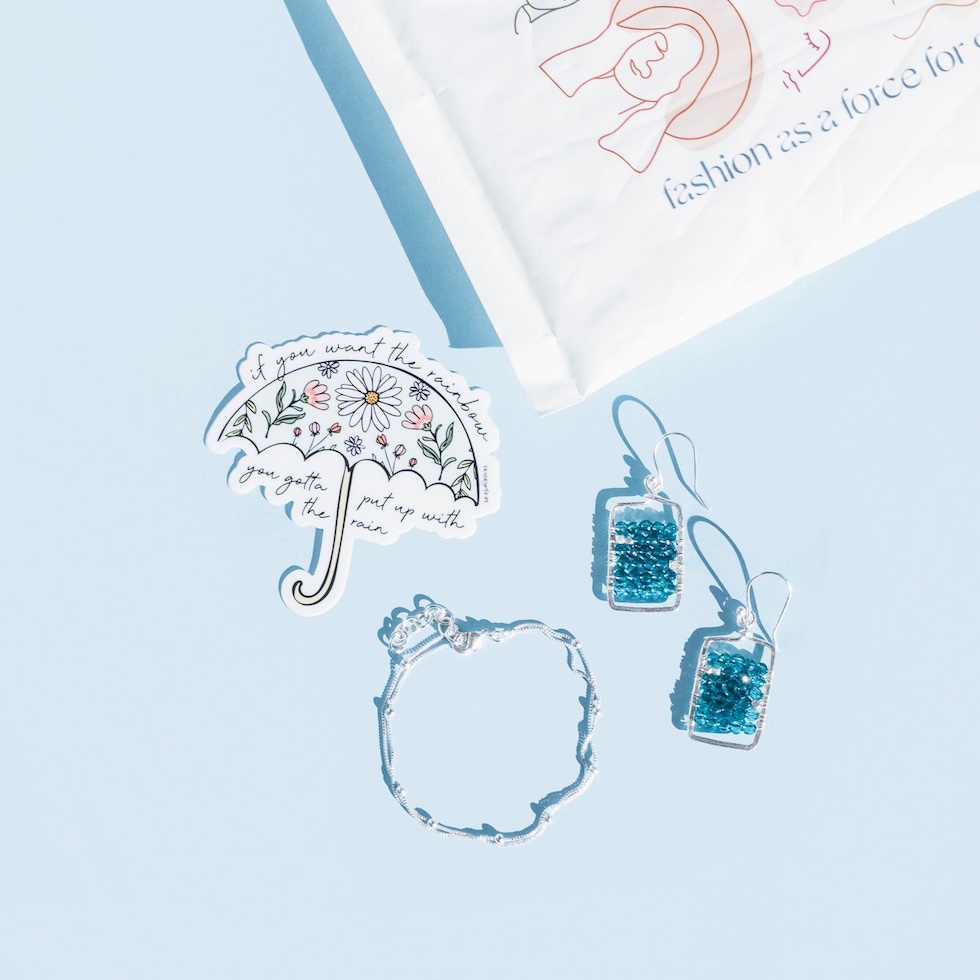
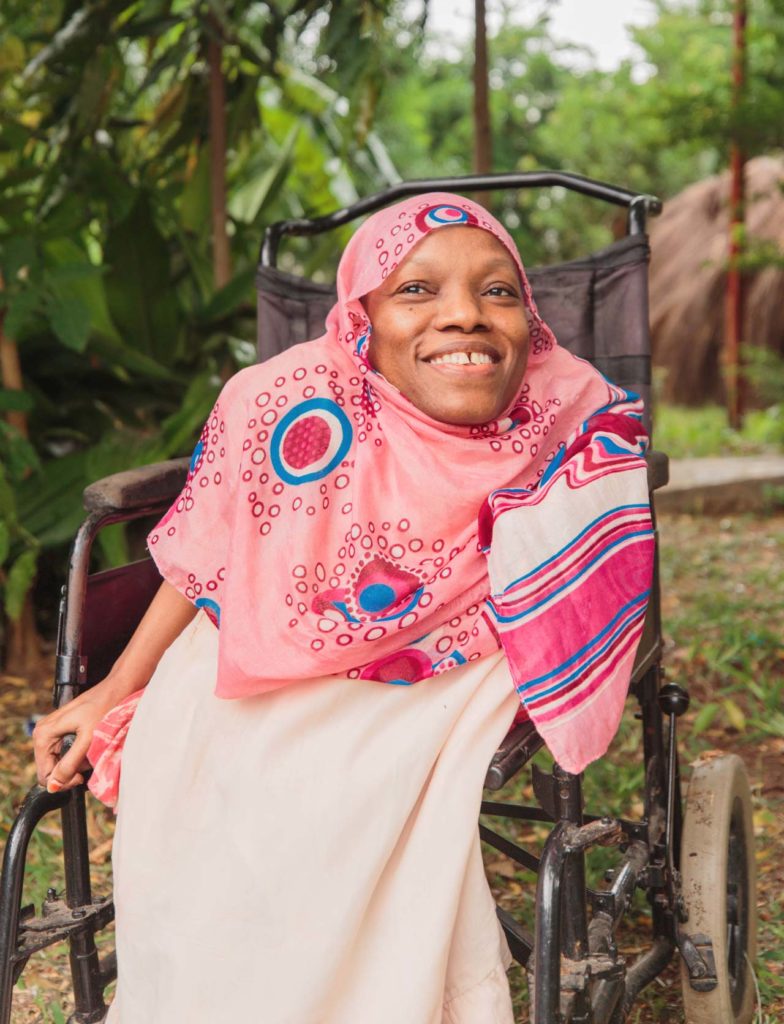


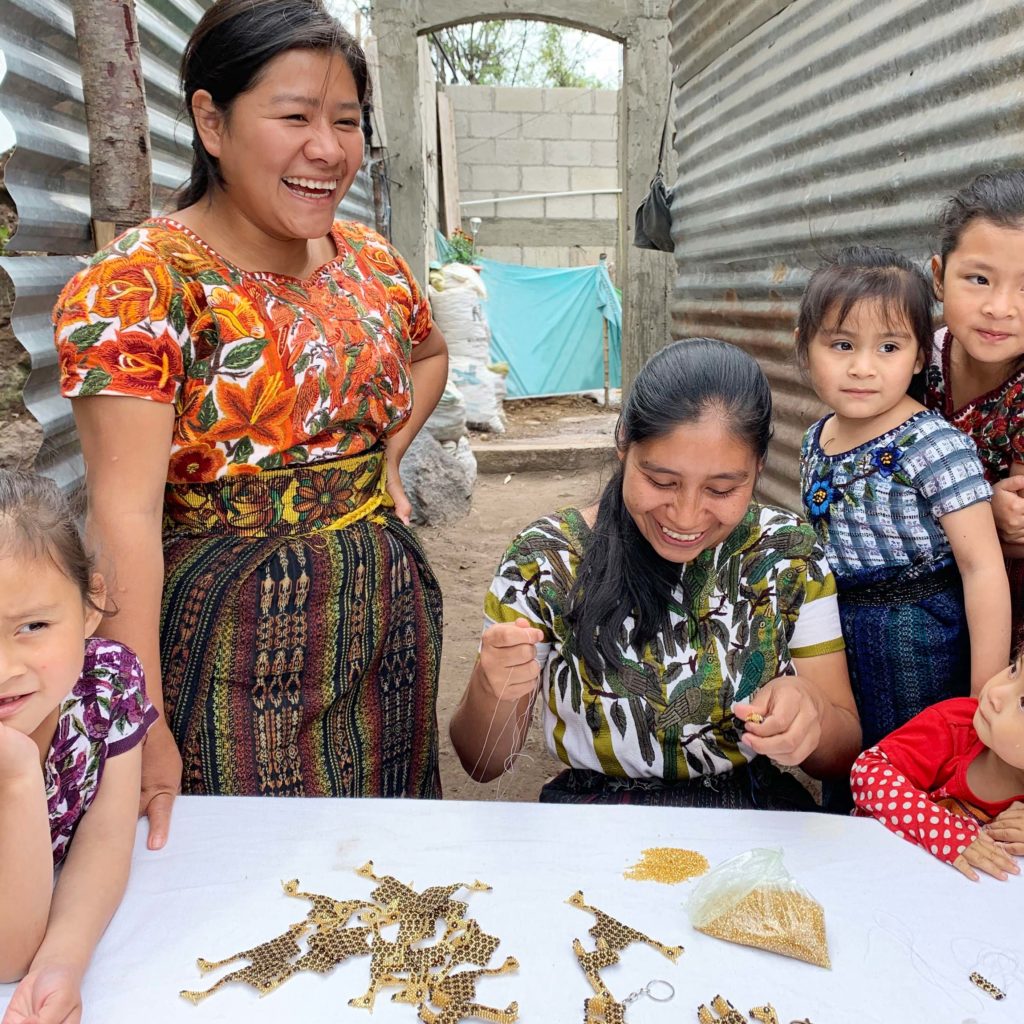
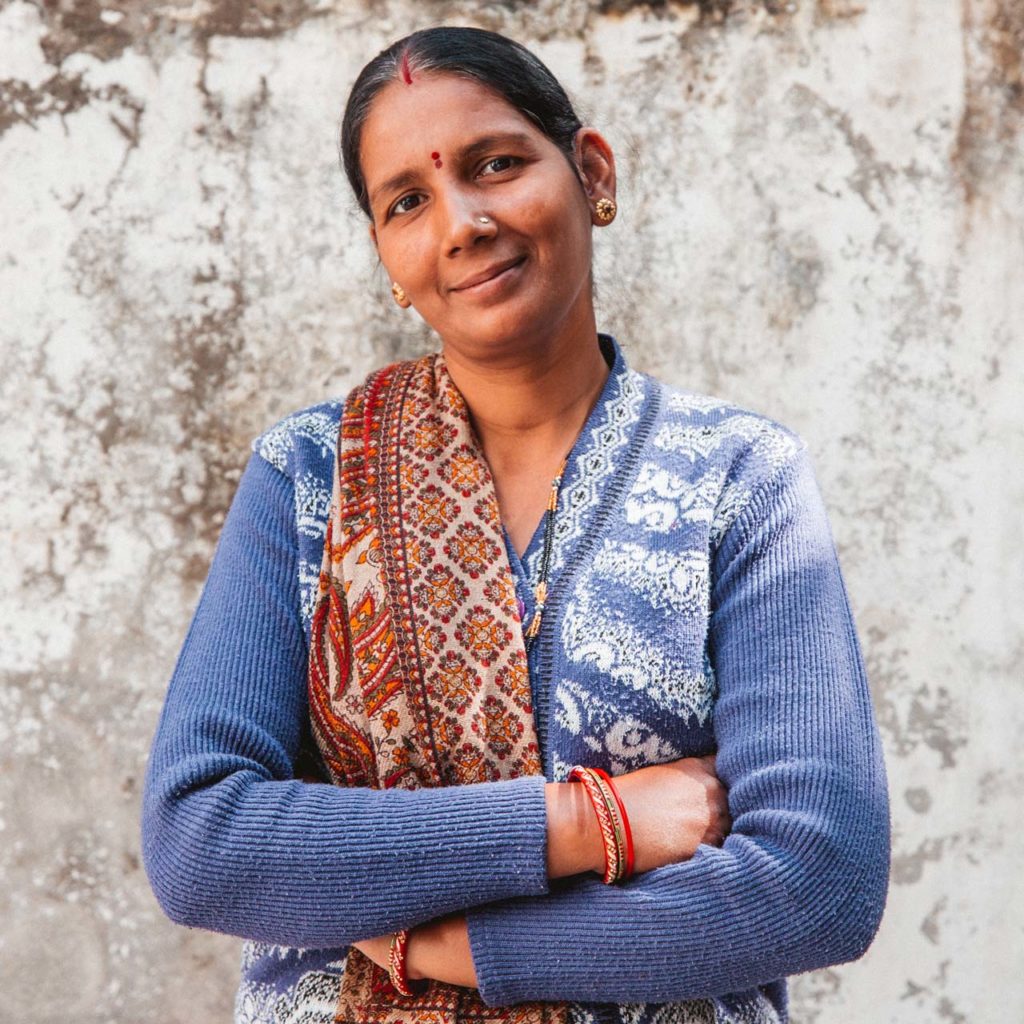
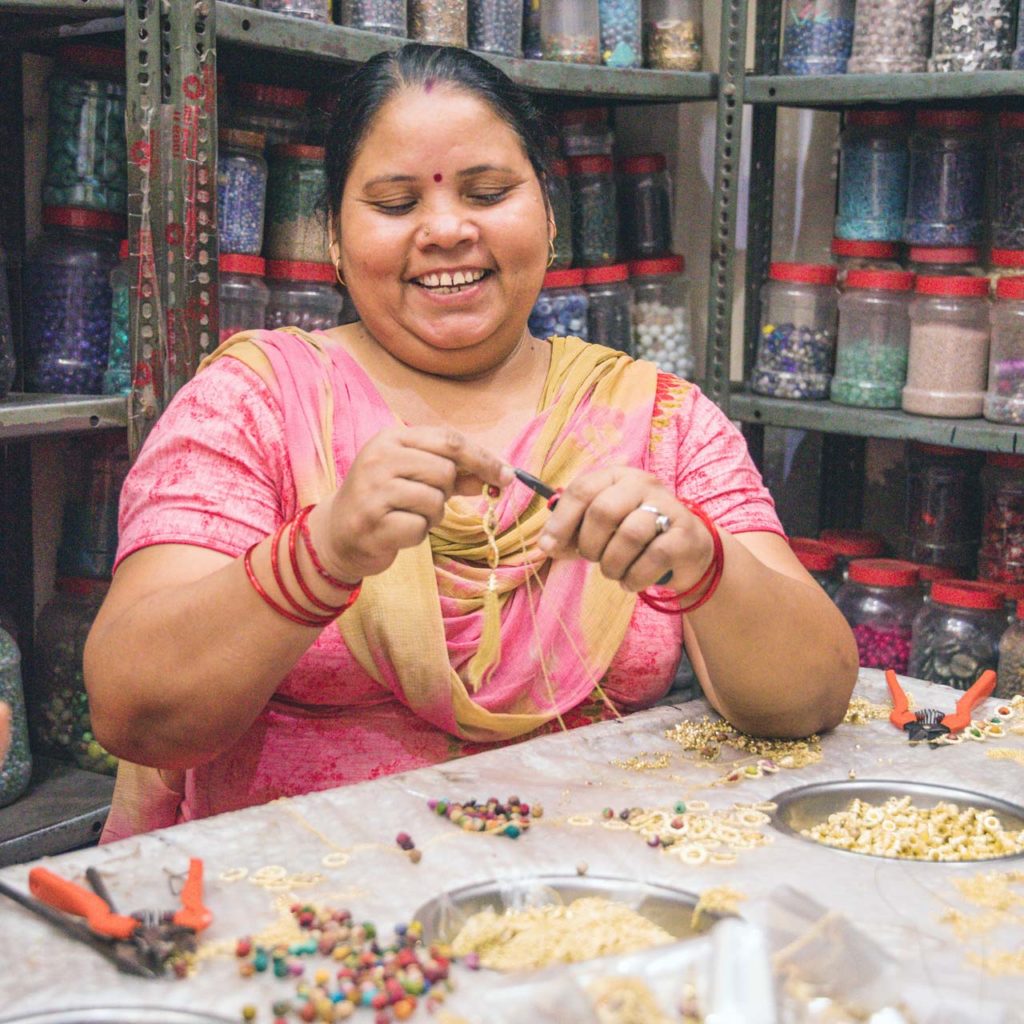

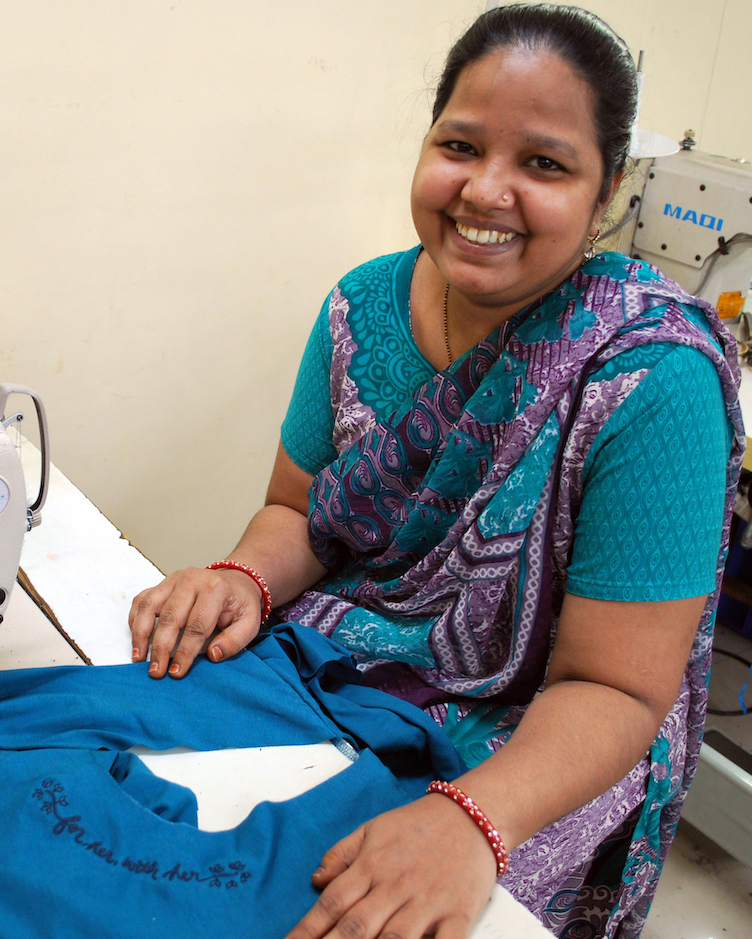
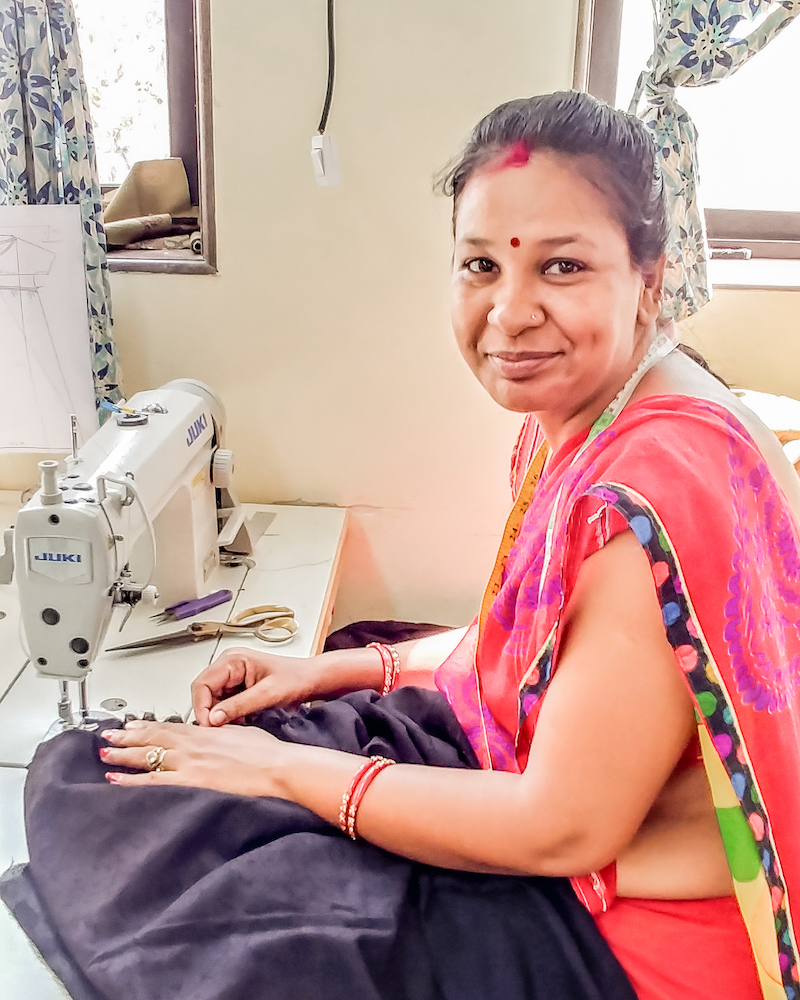
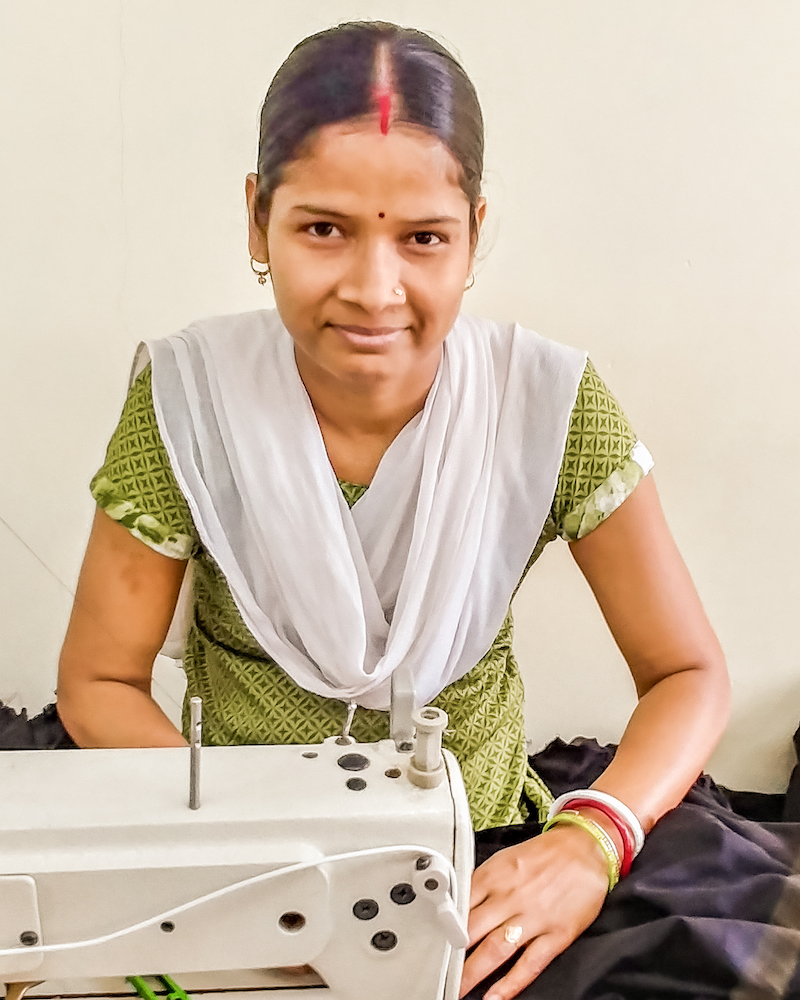
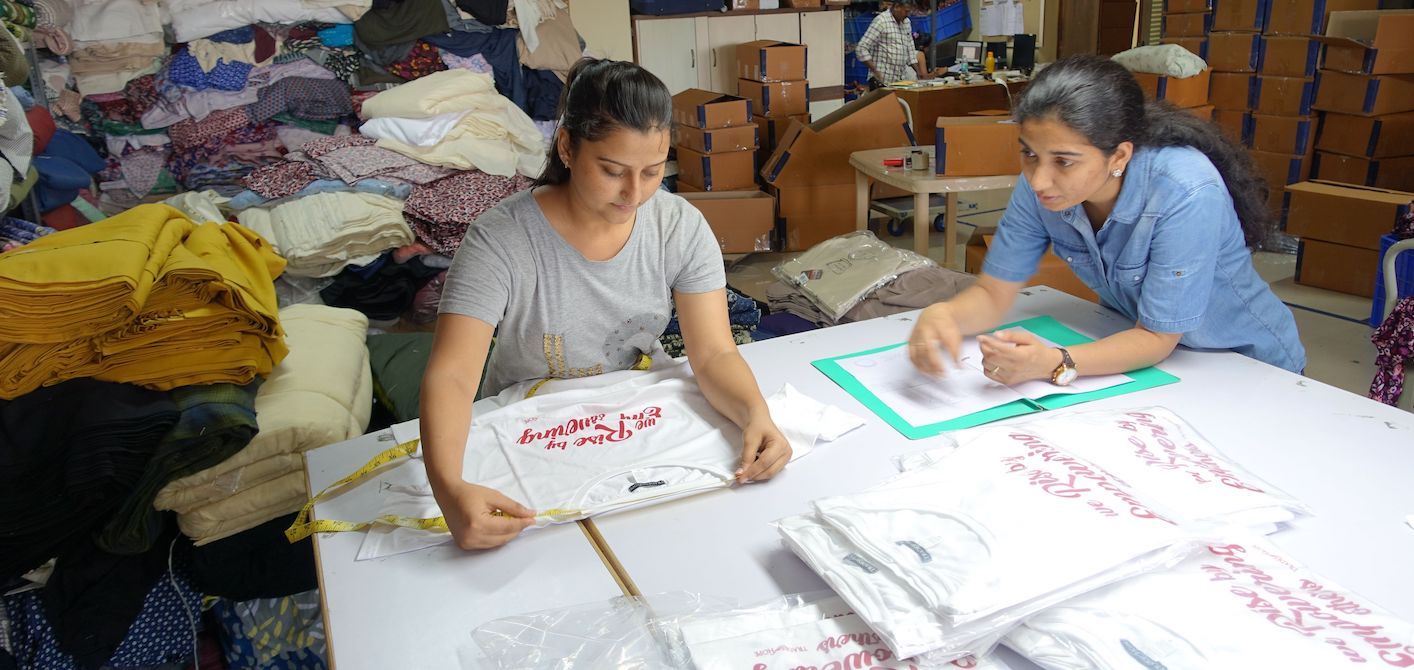
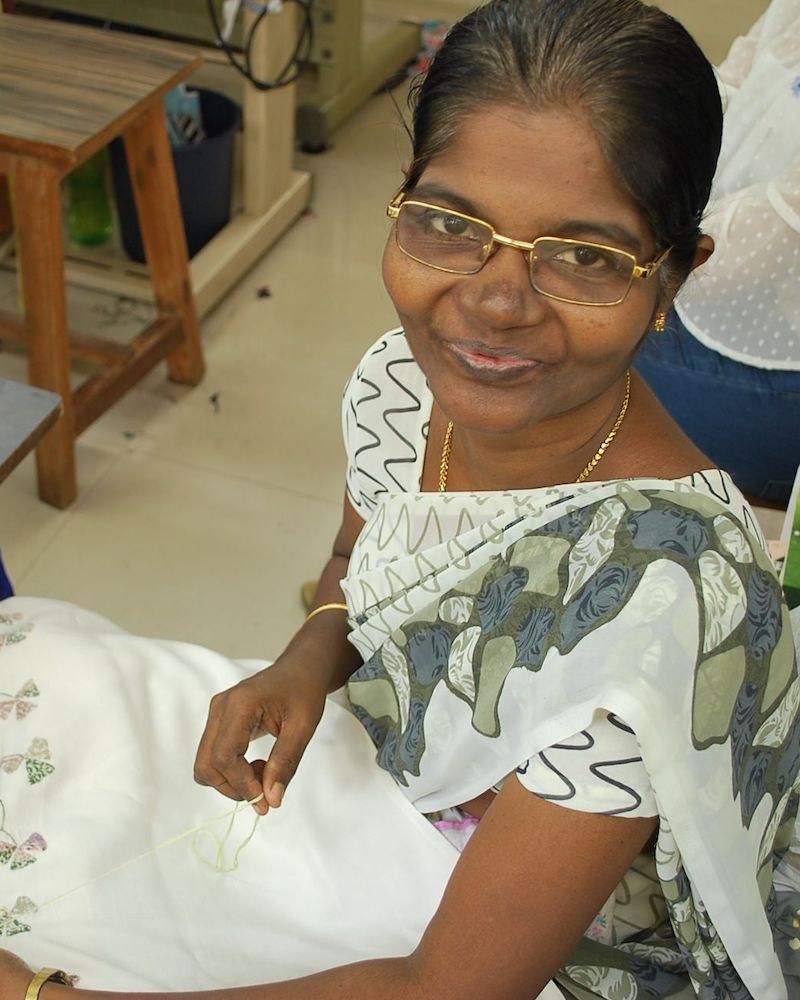
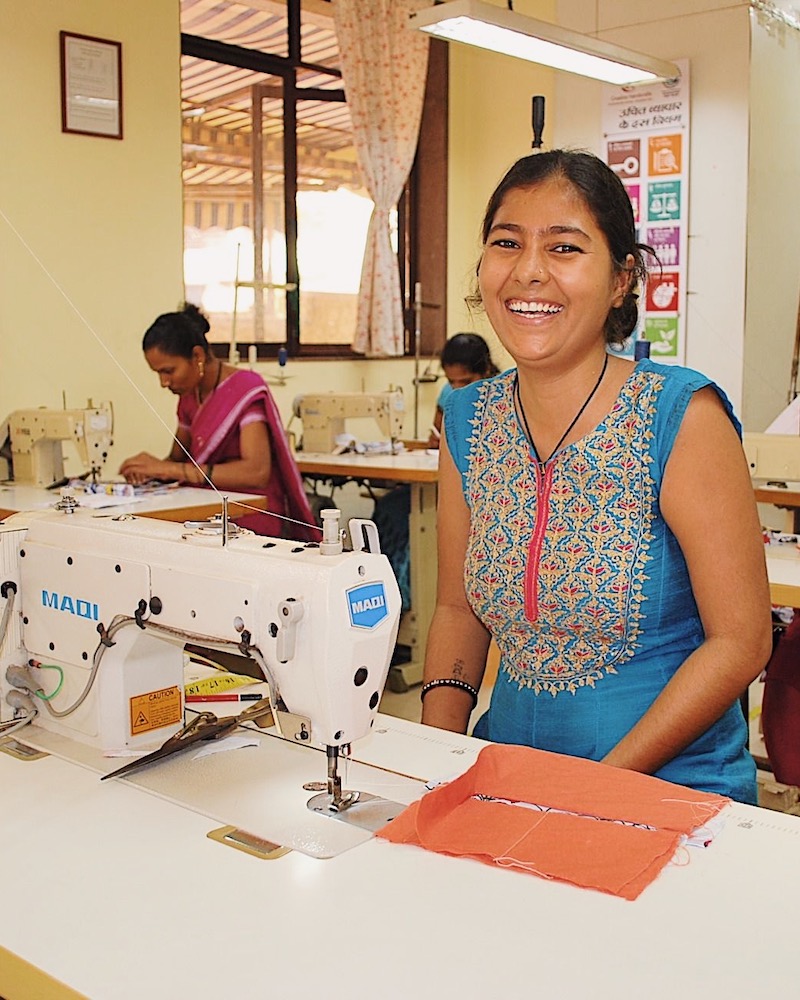
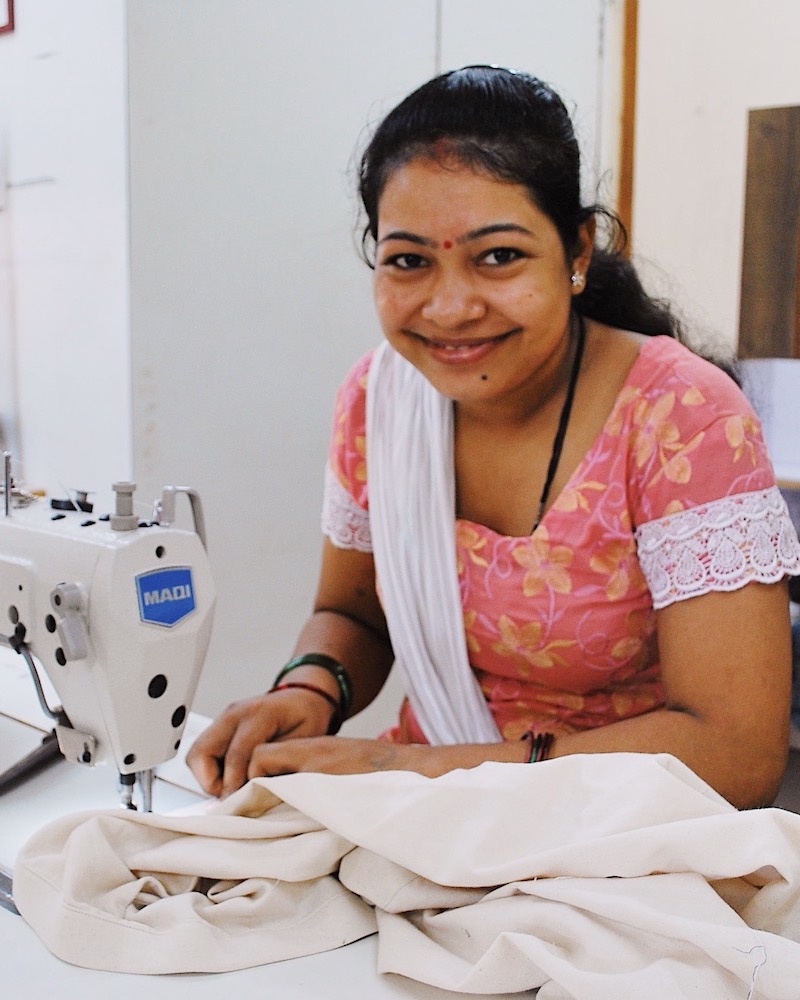
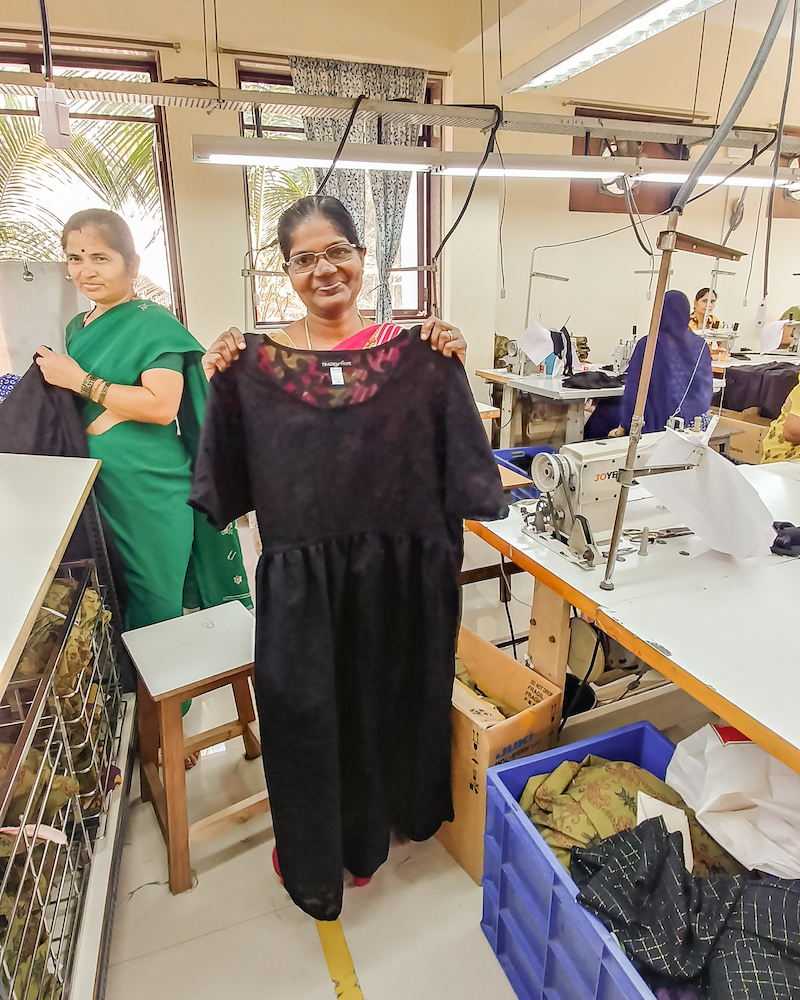
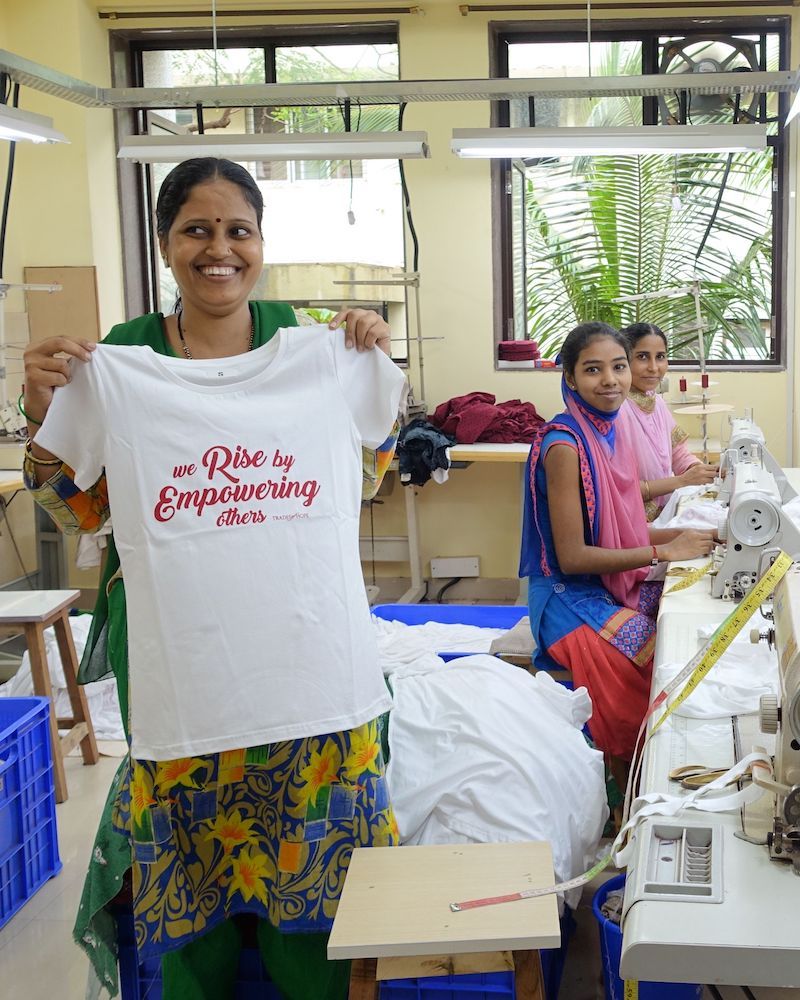
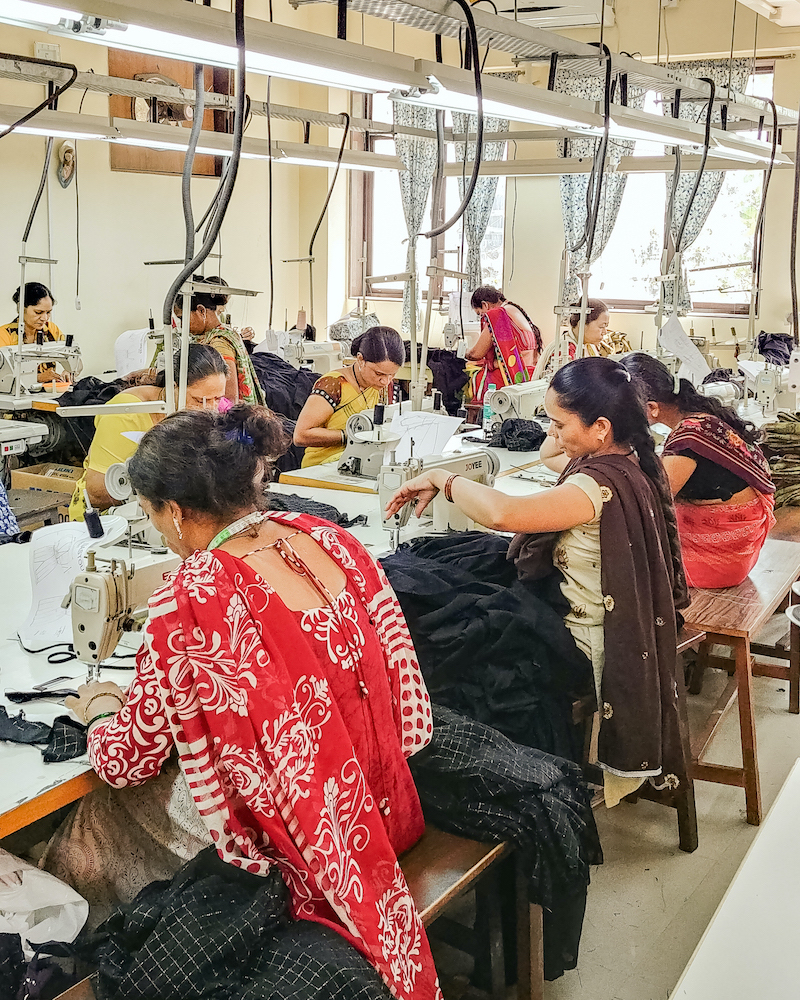
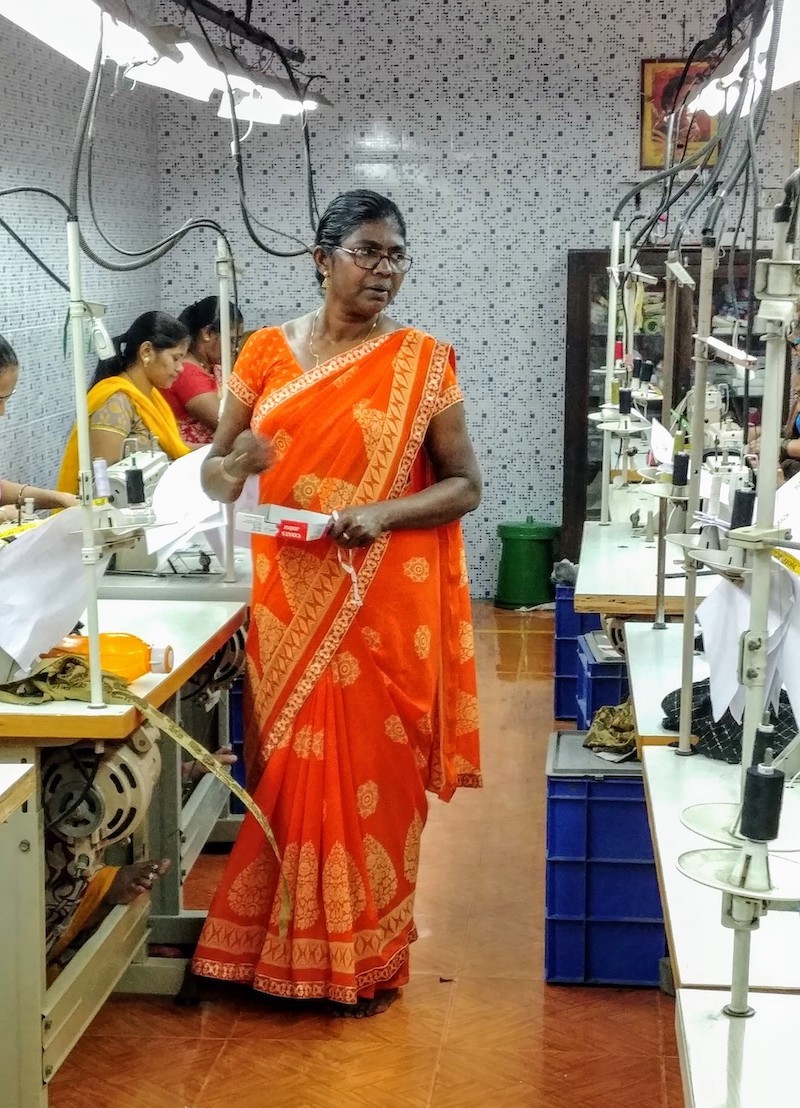
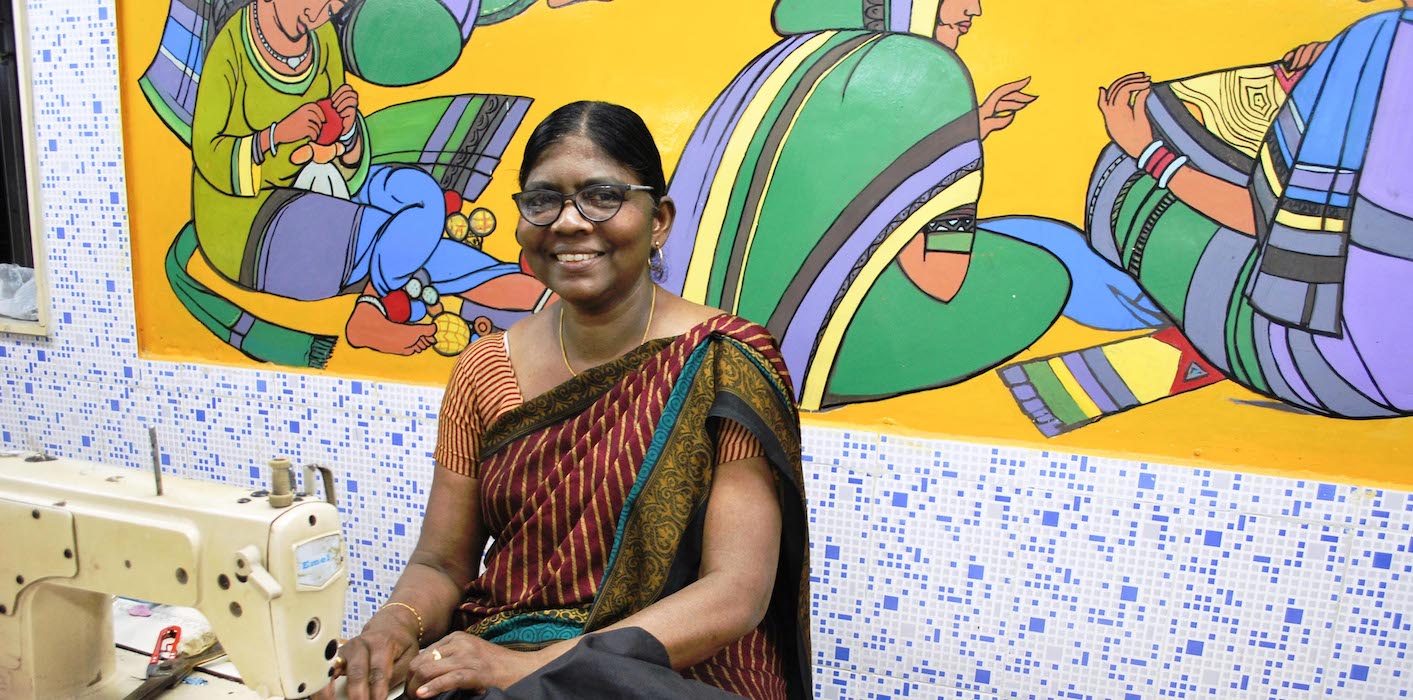
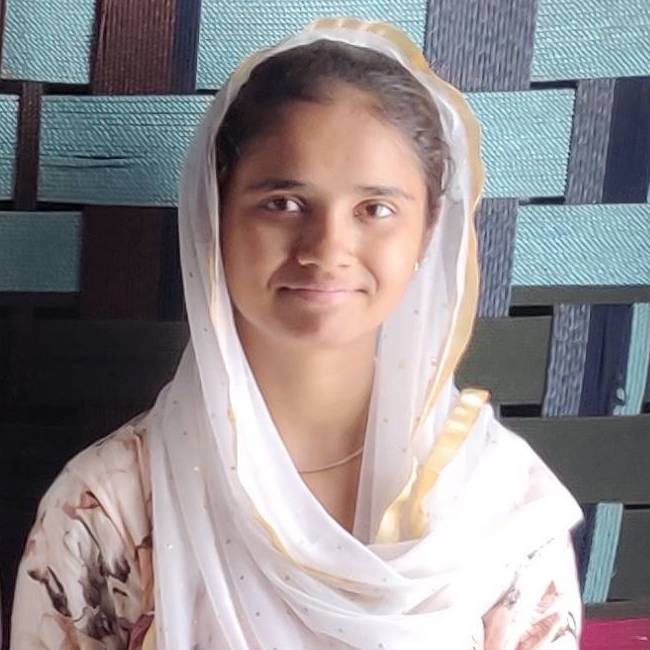
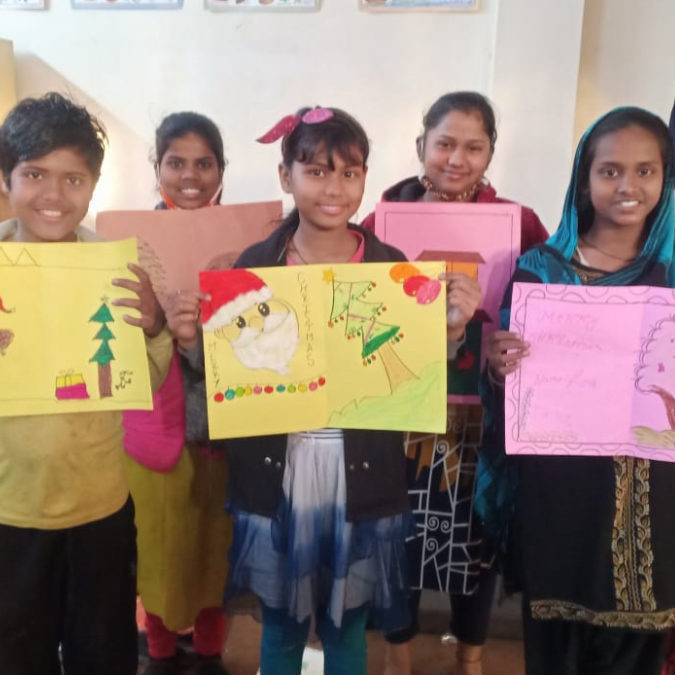
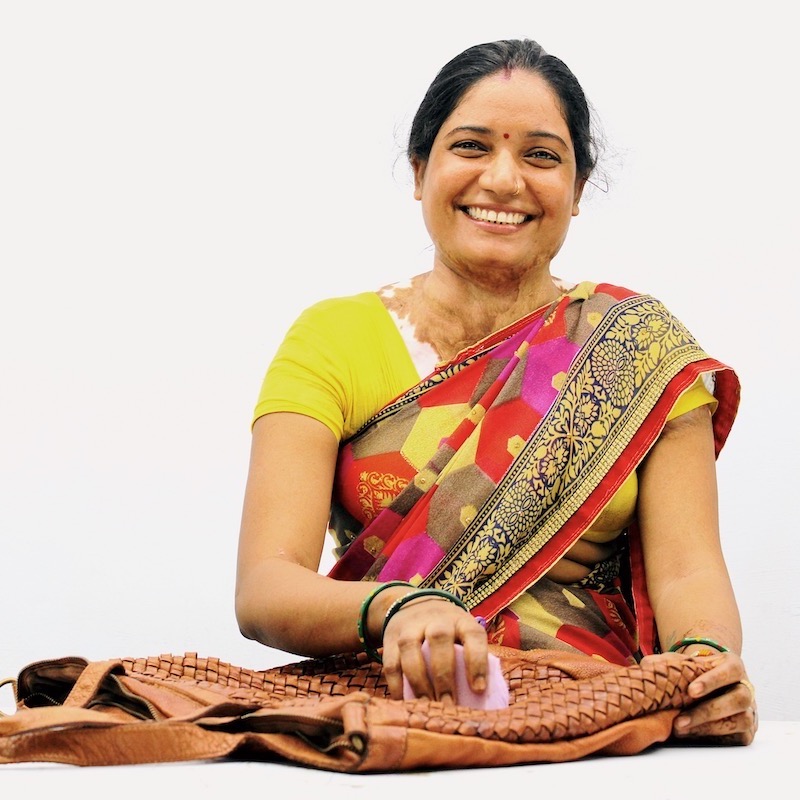
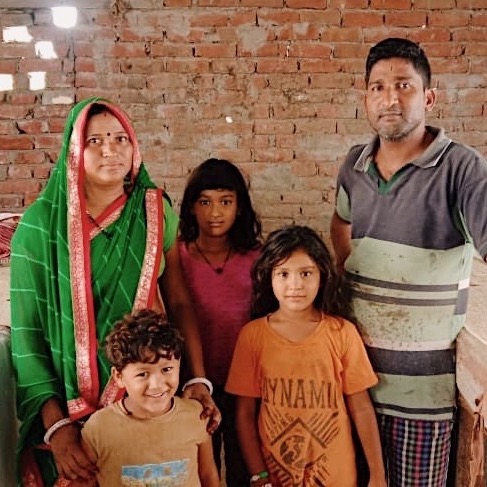



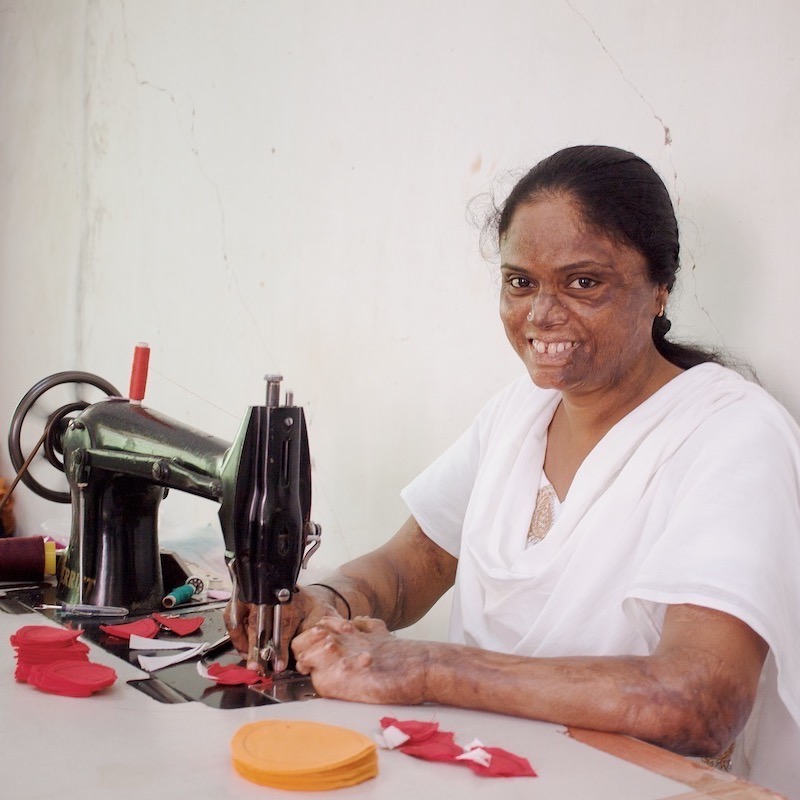
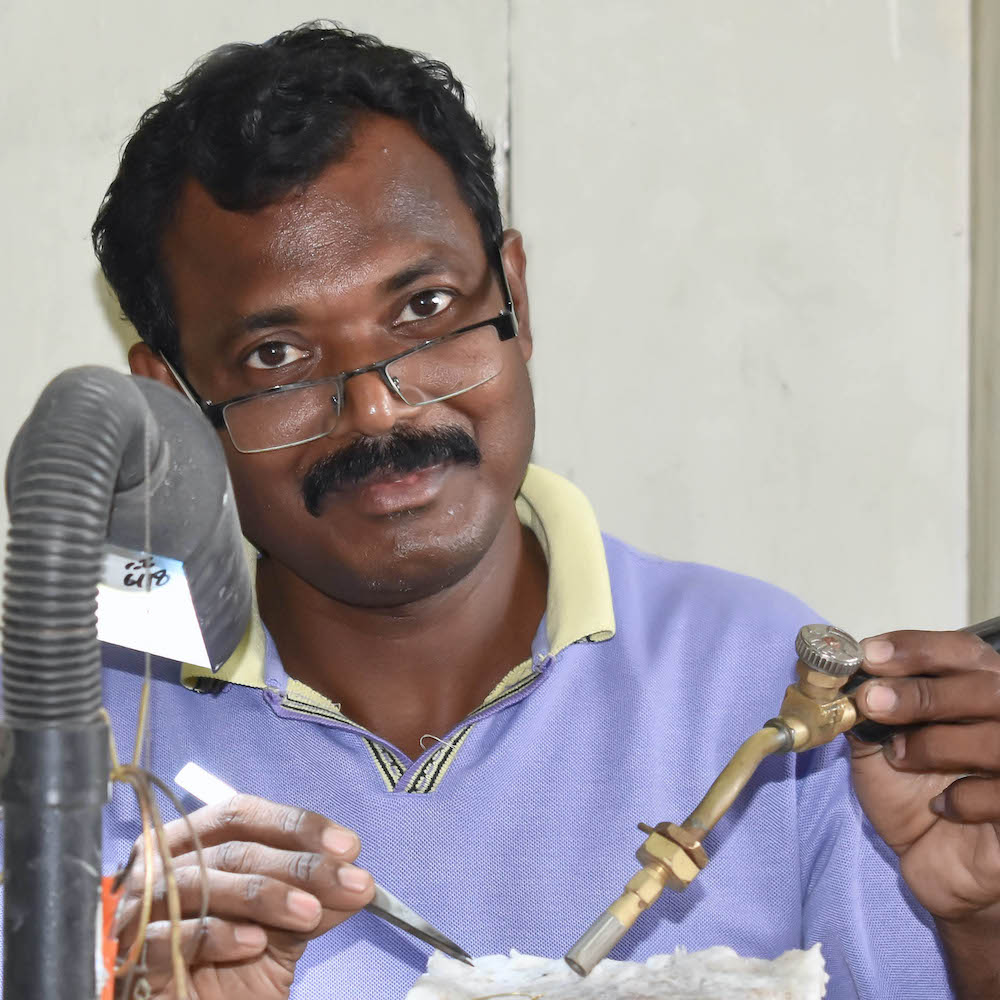
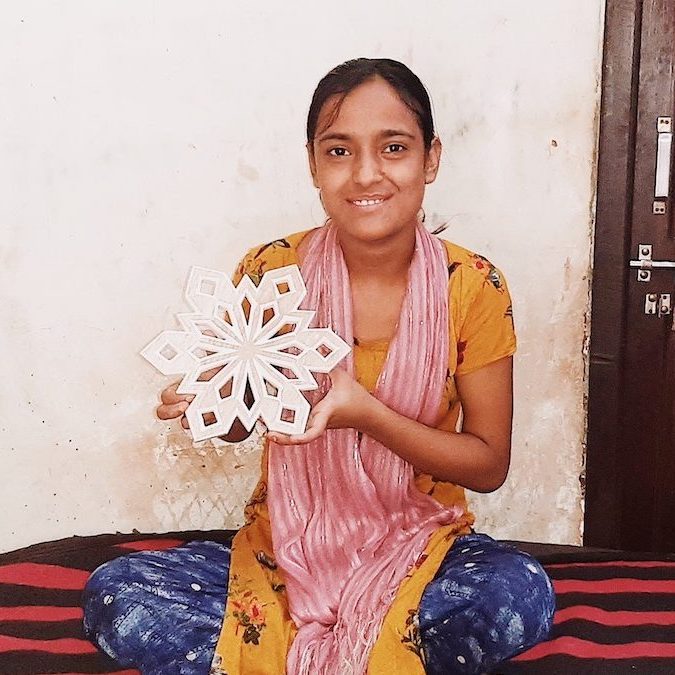
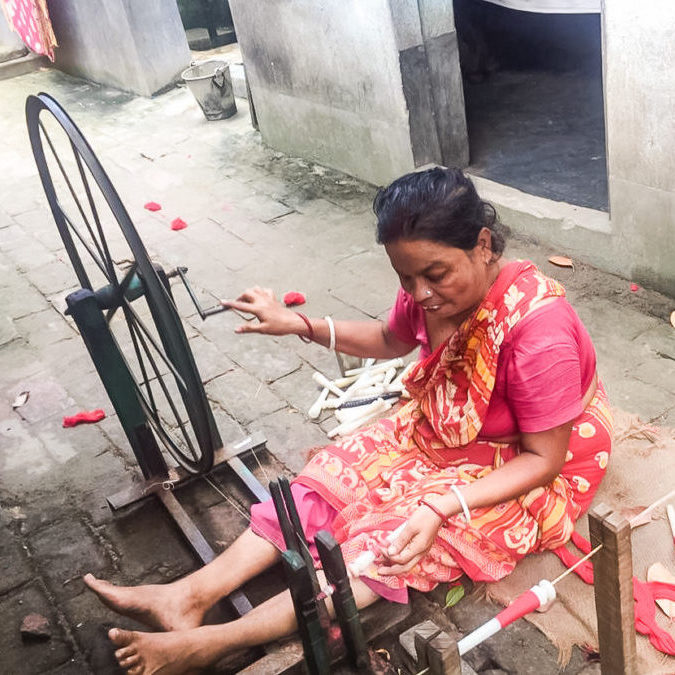
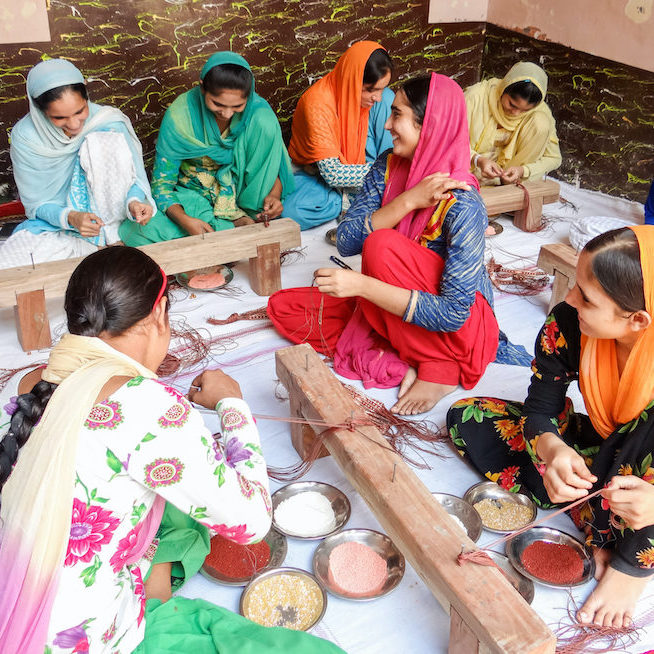
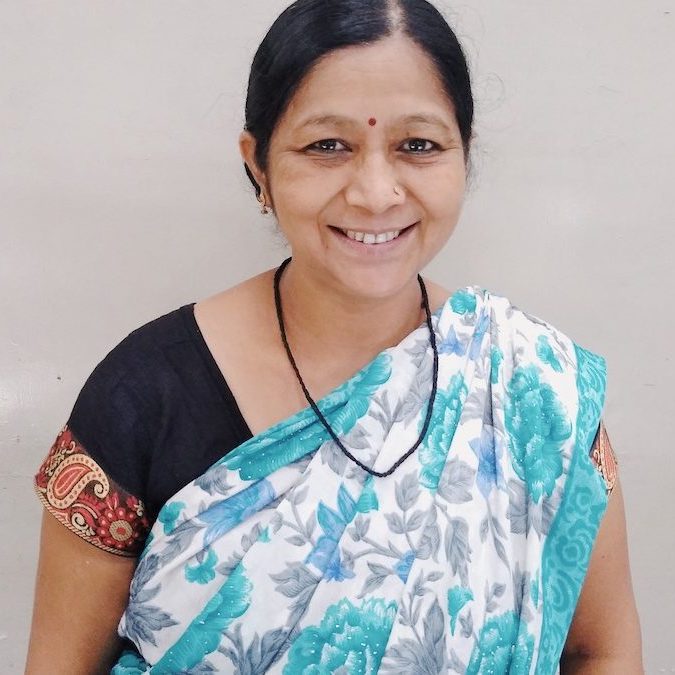
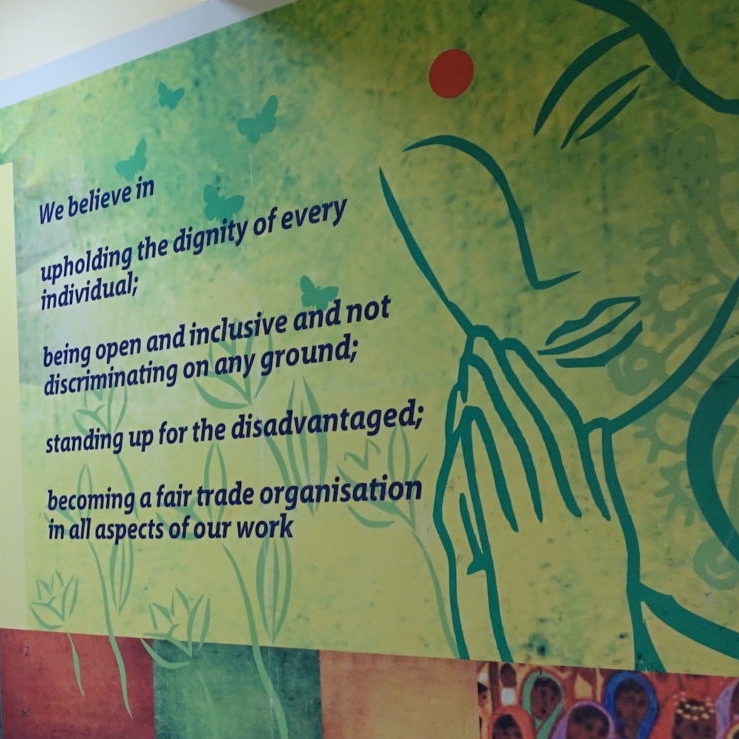
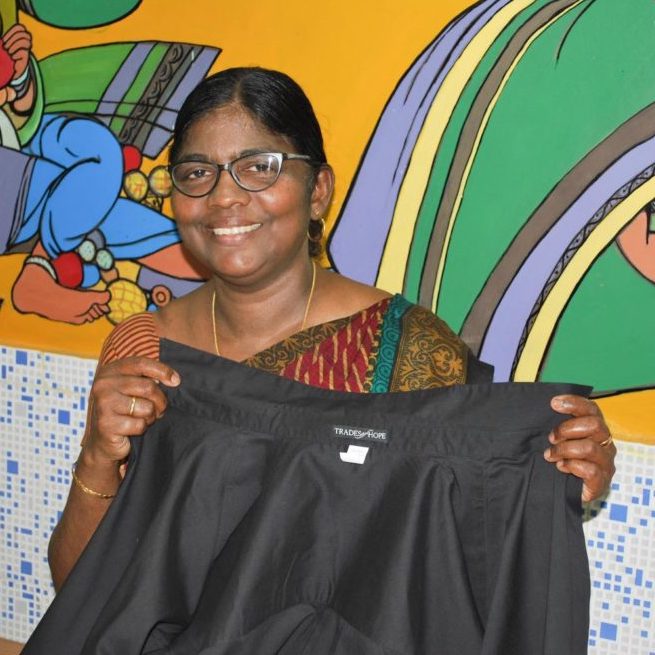
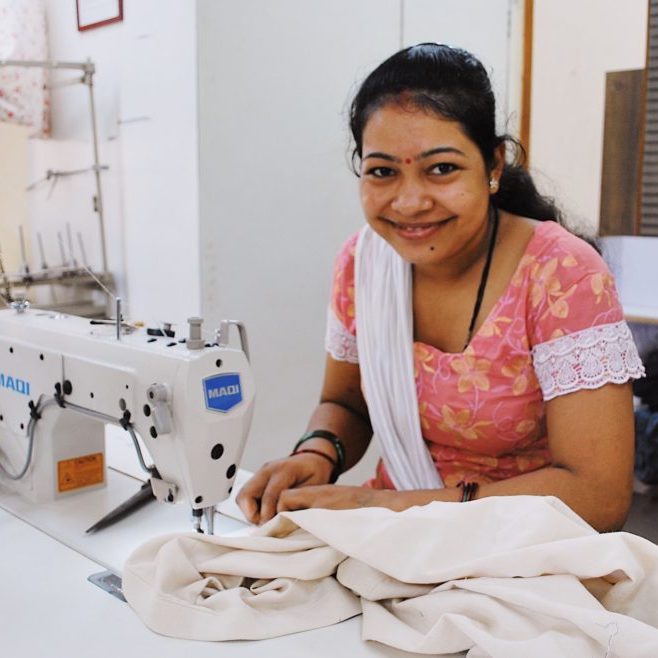
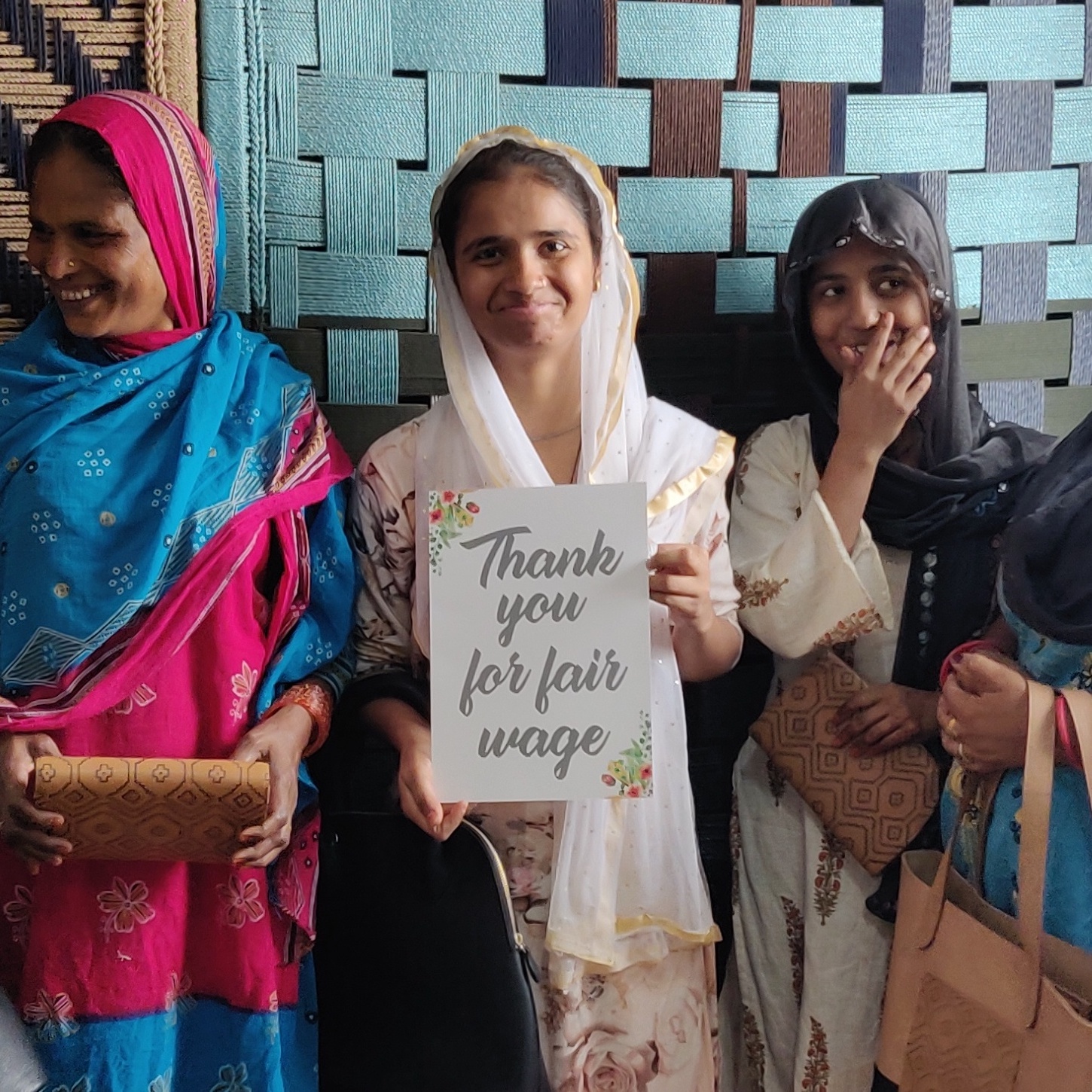
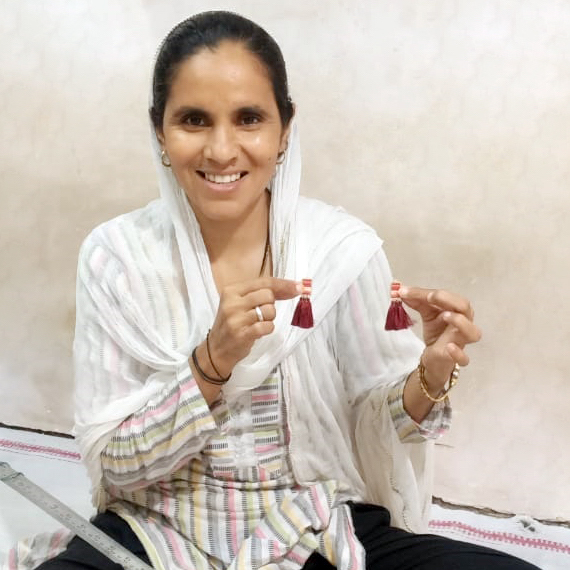
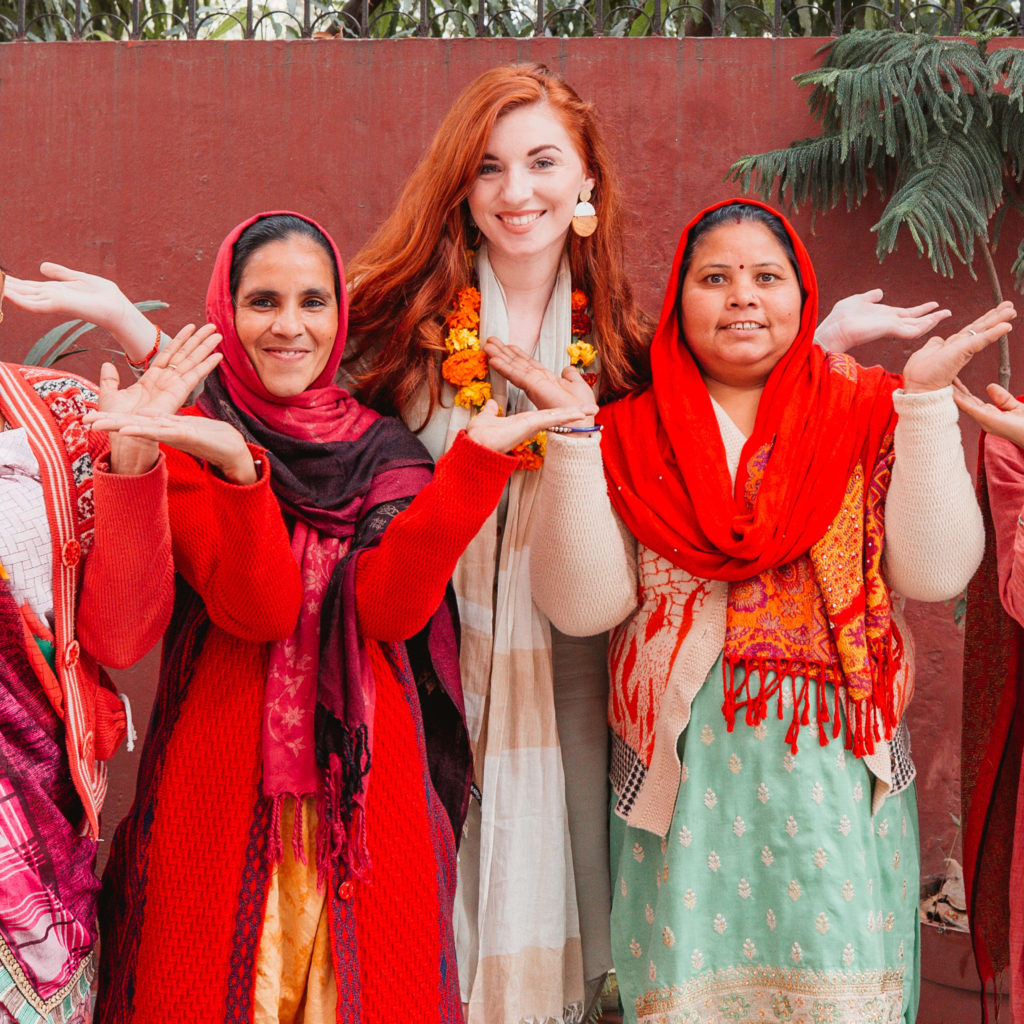
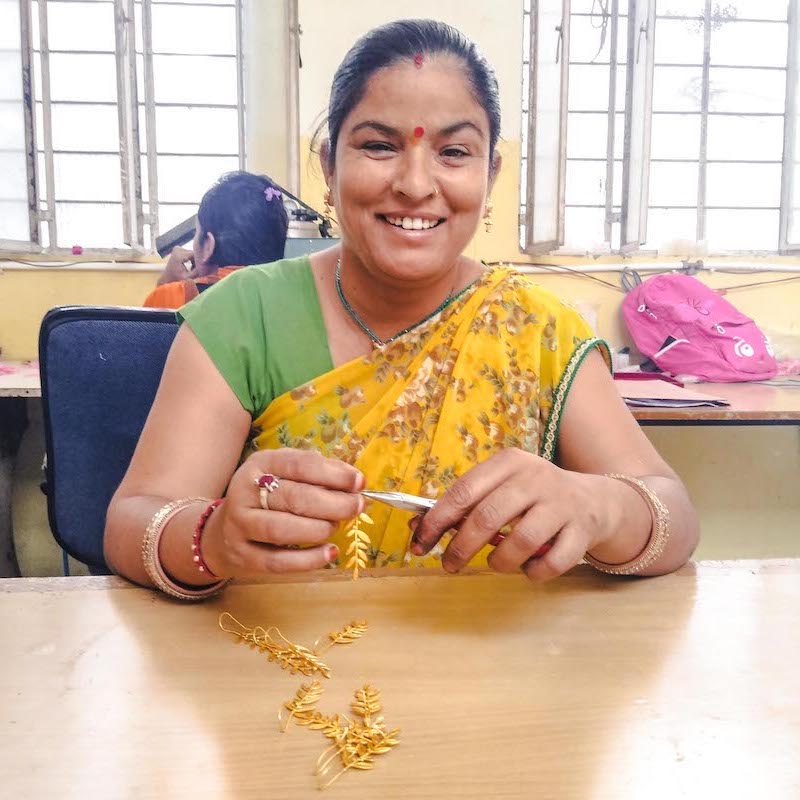
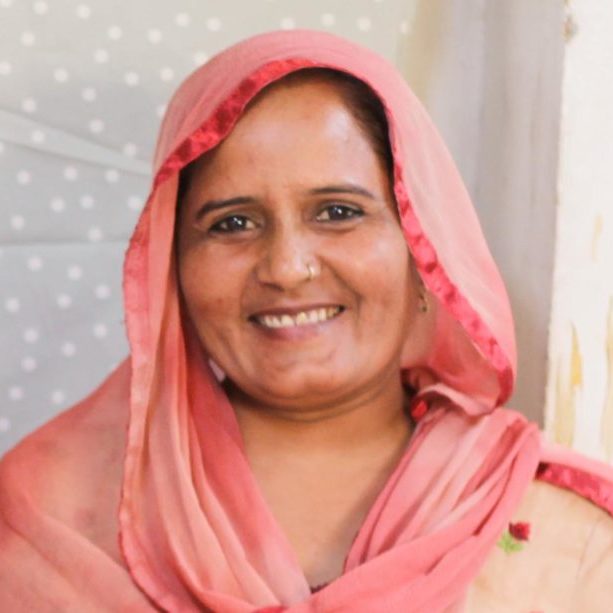
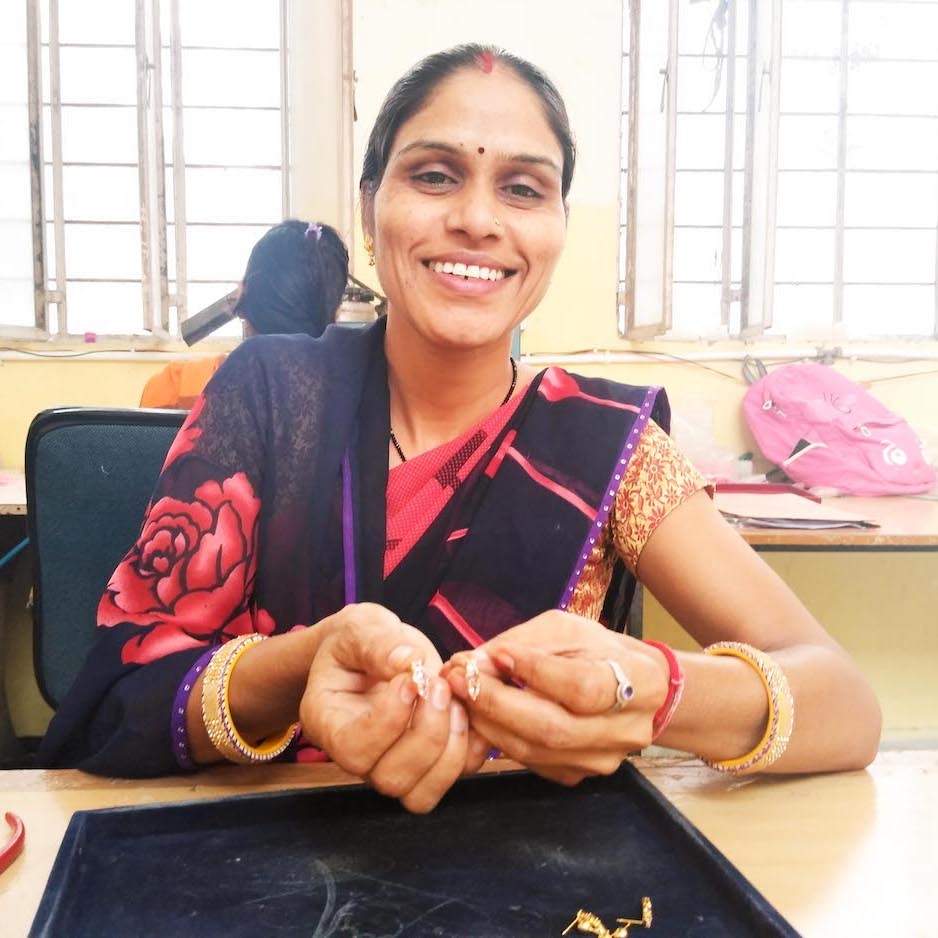
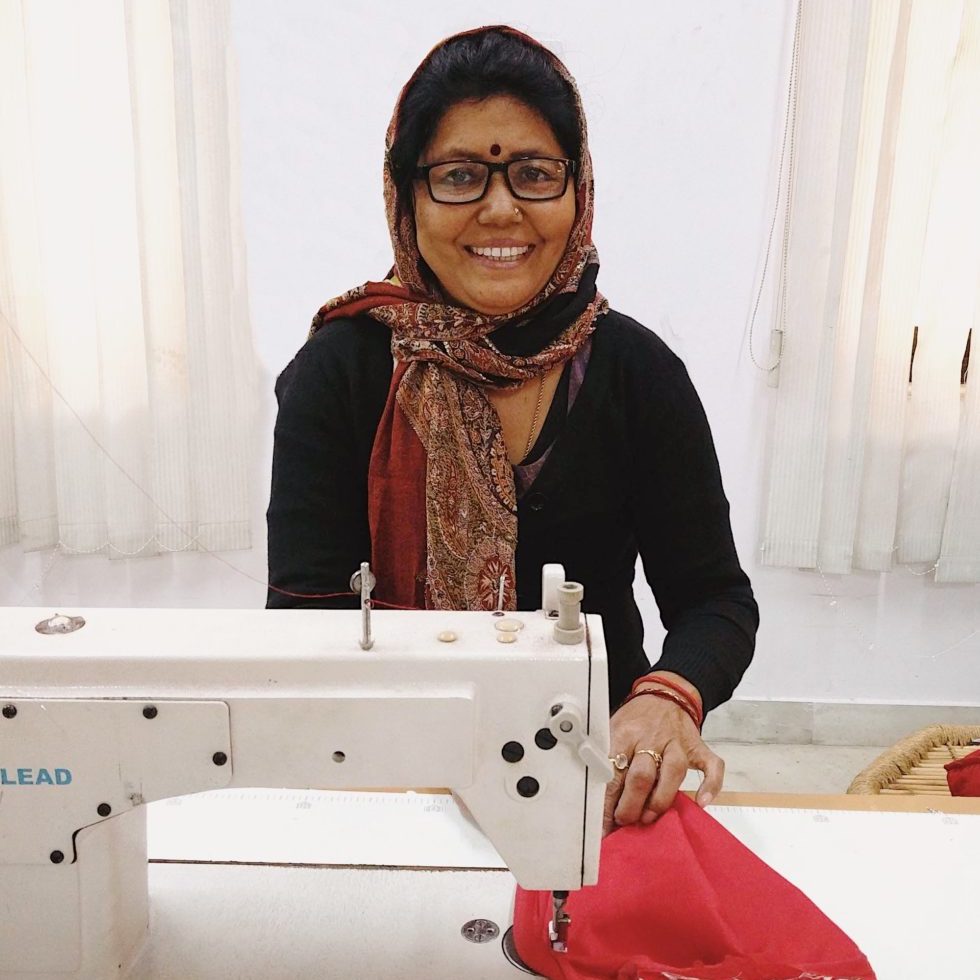
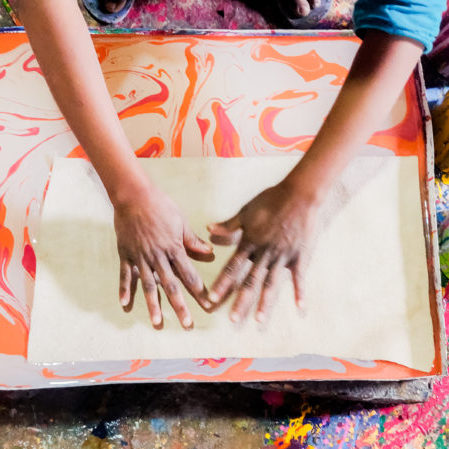
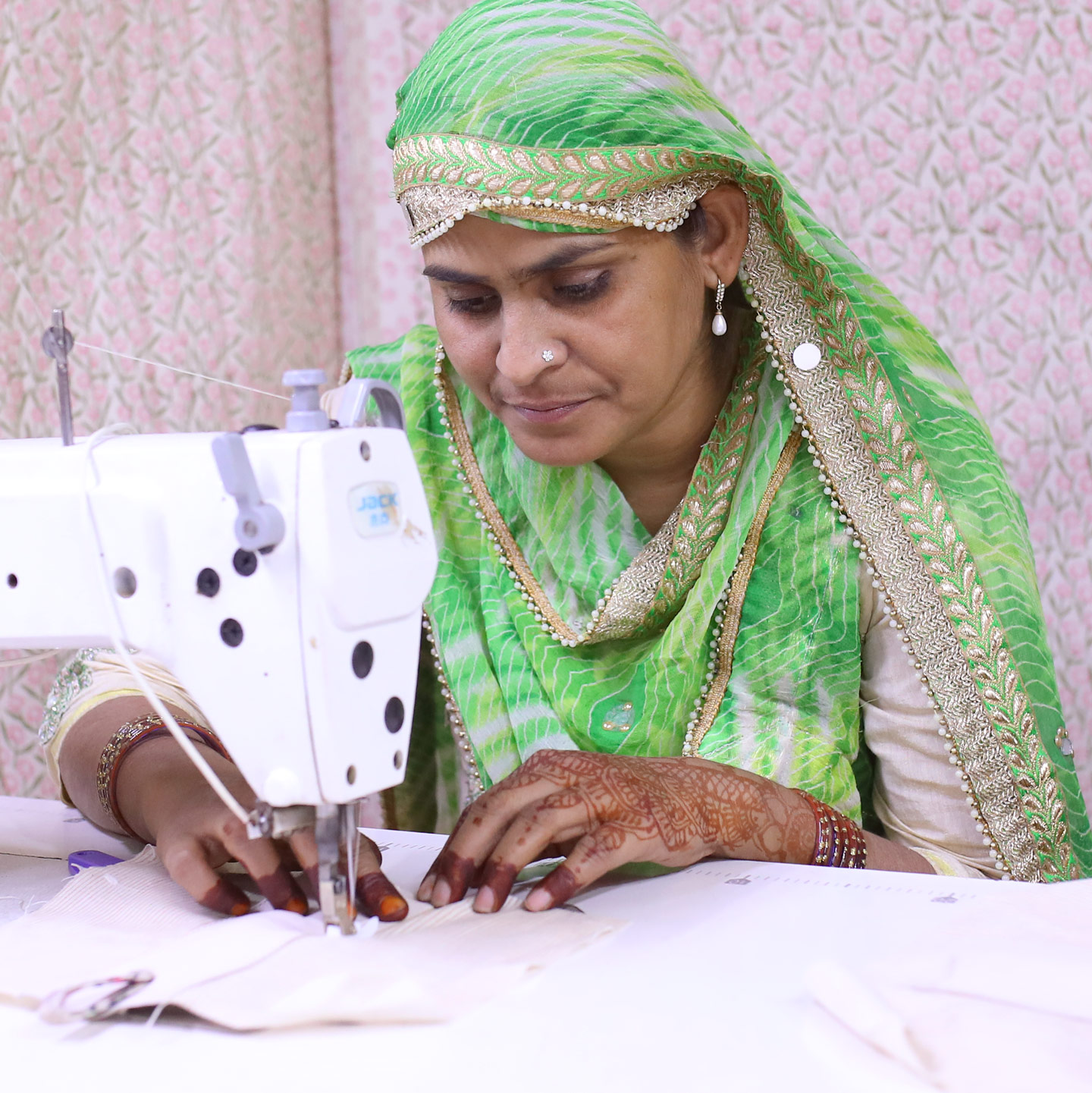
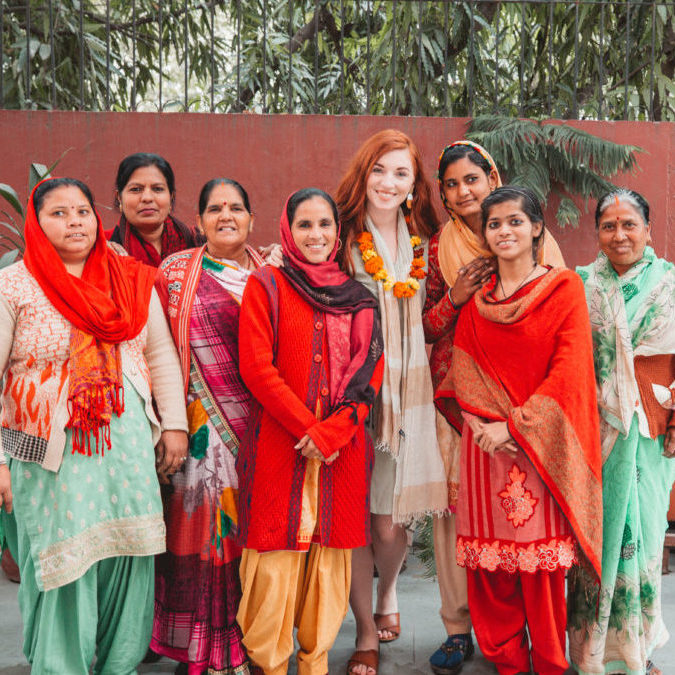
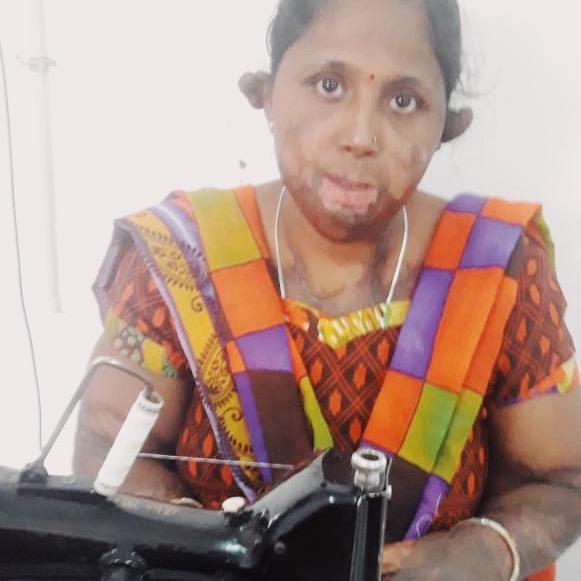

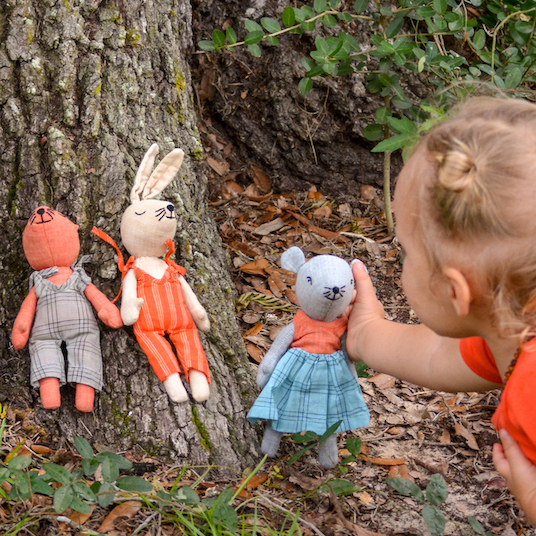
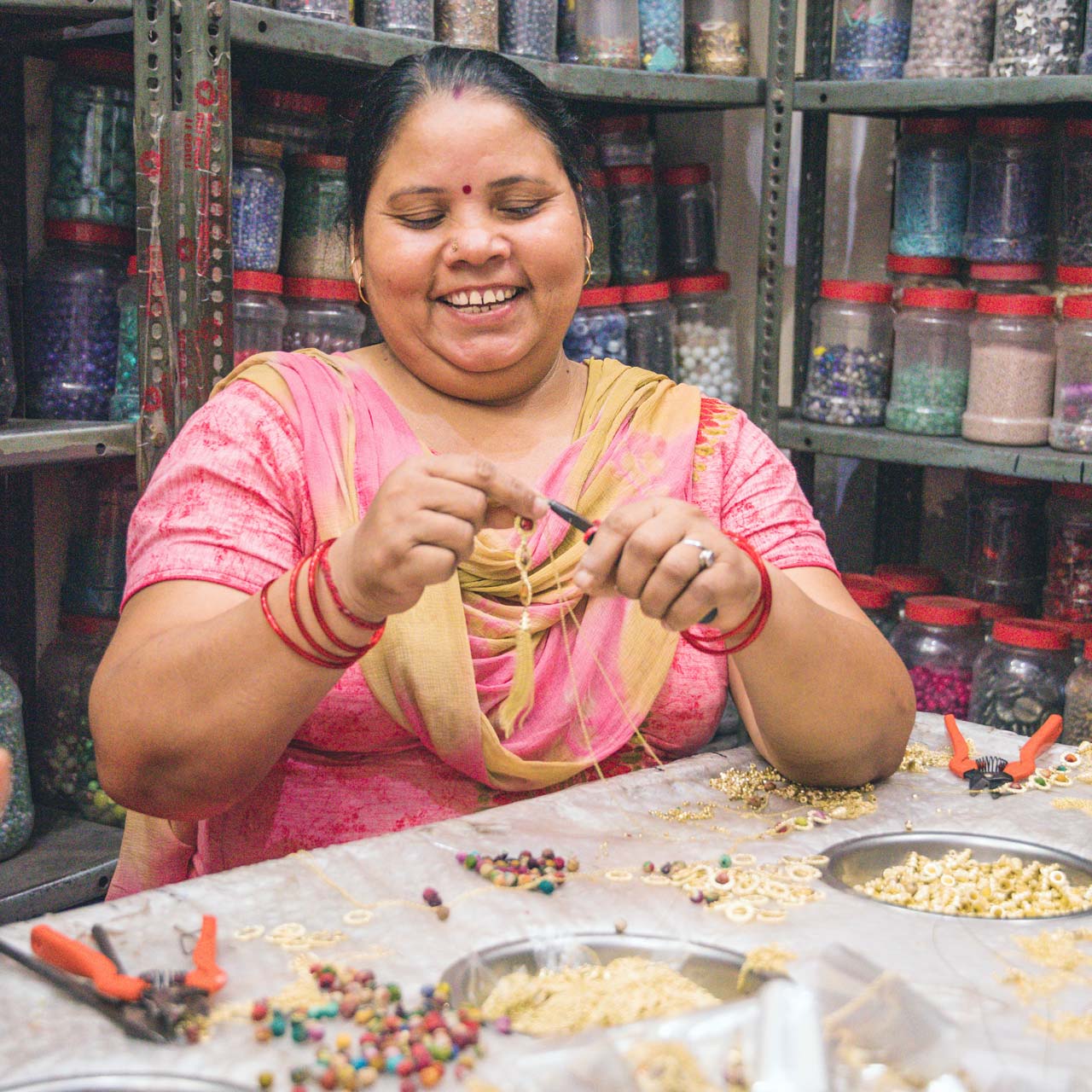
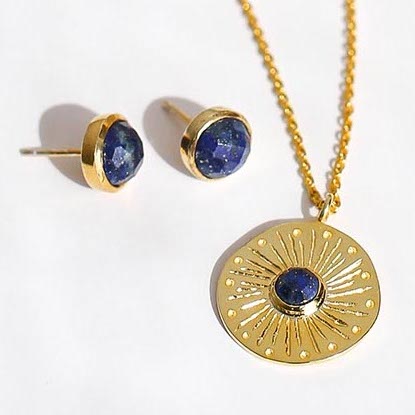
0 Comments